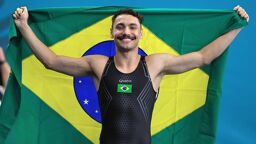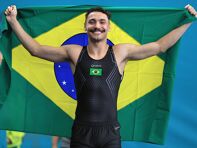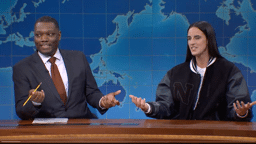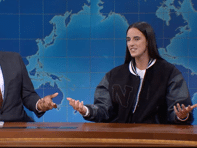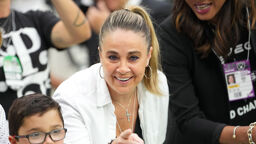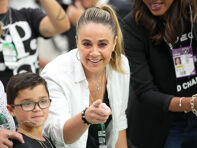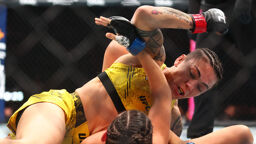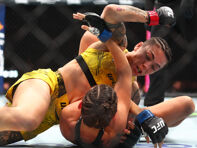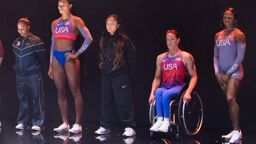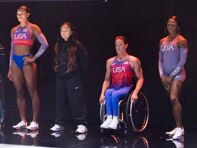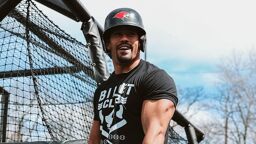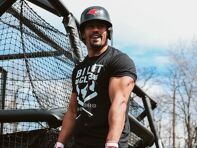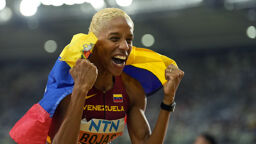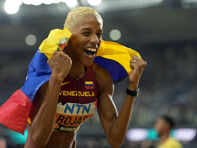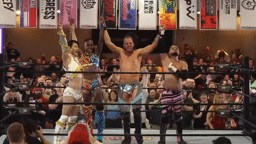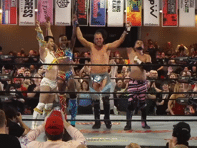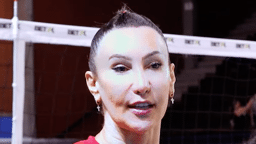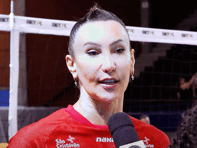As the the Games wind down this weekend, the 2016 Rio Summer Olympics will go down as the gayest in history, though there is still a lot of work to be done.
There are a record 53 publicly out gay, lesbian and bisexual Olympians in Rio (there are no openly transgender athletes), which is more than double the number in London in 2012. There are 39 openly lesbian or bi female Olympians and 11 men, both records.
Despite the high numbers compared to past Games, there are still far fewer open LGB athletes than one would assume given the total number of athletes competing. There are 11,5340 Olympians in Rio, so 53 out athletes is less than one-half of 1%. If 5% of the Olympians were gay, that would be 577 athletes, while 2% would be 230.
Given these figures, it's obvious that many more times the number of LGB athletes are closeted or not out enough to want to go public. In fact, we had to remove two athletes from our list of out Olympians after they complained that they were not "publicly" out. To us, publicly out means having given a media interview or being out on social media. While these two athletes are gay, each claim that they never declared it publicly, so we removed them. It points up the difficult nature and degrees of "outness."
The 50 totally out athletes are trailblazers and inspire other athletes by being able to compete at an elite level while being open and true to themselves. I hope that even more come out in the aftermath of Rio and we triple this number by the time Tokyo rolls around in 2020.

Lisa Dahlkvist is one of four out members of the Sweden's women's soccer team (Mark Kolbe / Getty Images).
The LGB highlights:
- Brazil’s first gold medal was won by Rafela Silva in judo, who is gay and talked about her girlfriend to the media for the first time.
- British race walker Tom Bosworth finished 6th in the 20K final, setting a personal best and a British record. Days later, he proposed to his boyfriend on the beach (he said yes).
- Italian marathon swimmer Rachele Bruni won a silver medal and dedicated it to her girlfriend.
- NBC did a great three-minute video on the married life of Brazilian beach volleyball player Larissa and her wife Lili, the kind of stories we always see about straight couples.
- Brazilian rugby sevens player Isadora Cerullo was proposed to on the field after a game by her girlfriend, a volunteer at the stadium.
- Nike aired a groundbreaking TV ad during the Games featuring trans duathlete Chris Mosier.
- The University of Phoenix aired an ad featuring Gail Marquis, a former Olympian, including scenes with her wife.
- Swimmer Amini Fonua was very out and proud, wearing “gay and lesbian” on his swimsuit in practices leading up to Rio.
- Silver medal-winning gymnast Danell Leyva recorded a powerful pro-LGBT ad that included him wearing a “Make America Gay Again” T-shirt.
- The Netherlands, with nine athletes, beat out Britain with seven, as the most out team.
- We go to see moments like diving legend Greg Louganis together with Brazilian diver Ian Matos, both of whom are gay:

The LGB lowlights
- Soccer fans chanted a gay slur in games involving openly gay female players.
- A writer for the Daily Beast posed as a gay man to connect with athletes on Grindr, then wrote a boastful article about sex and the Olympics, including specific details that could have outed them. The article was so bad, even the IOC called it unacceptable and the writer left Rio.
- An NBC announcer called the wife of a gay female volleyball player her “husband.”
- NBC, which never misses a chance to show and identify family members in the stands, never identified a man wearing a “Team Daley” shirt cheering for gay diver Tom Daley. The man is Dustin Lance Black, Daley’s fiance and a well-known screenwriter.
- Of the 11 openly gay men, none is an American, a disappointing development.
